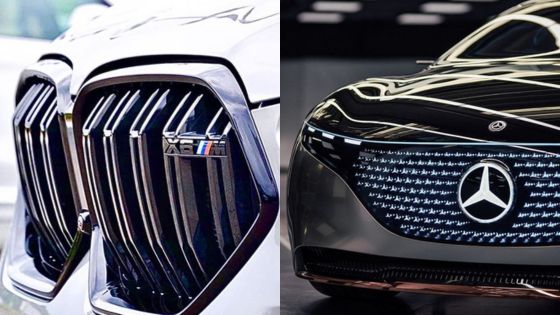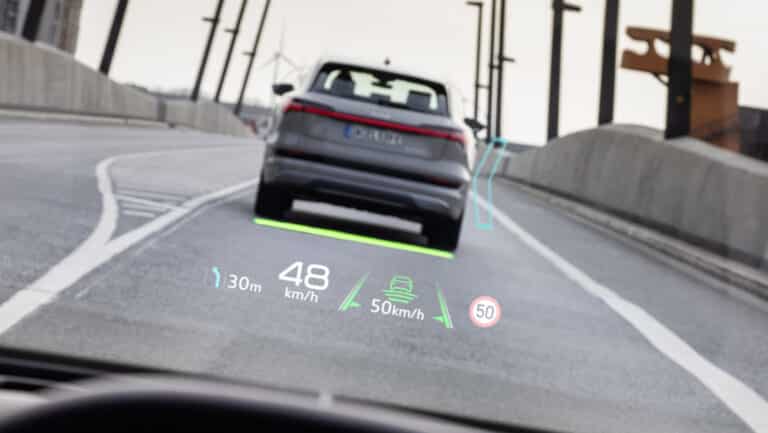Hybrid cars have become a significant choice for drivers who want to balance fuel efficiency with performance. With more options available each year, it can be challenging to identify which models offer the most reliable and cost-effective benefits.
Understanding the best hybrid cars helps you make an informed decision that suits your driving needs and budget. This article will guide you through some of the top hybrid vehicles available, focusing on features that matter most to everyday drivers.
1) Toyota Prius Hybrid
The Toyota Prius Hybrid remains a top choice for those seeking reliable fuel efficiency. It uses a fifth-generation Toyota Hybrid System, delivering up to 196 combined horsepower.
You benefit from smooth acceleration and a balanced ride. The Prius offers spacious interior room and practical cargo space for everyday needs.
Fuel economy is a strong point, making it suitable for commuters and long drives alike. You’ll find advanced safety features and a user-friendly infotainment system.
This model stands out for its long history of hybrid innovation. If you want a proven and efficient hybrid, the Prius is worth considering.
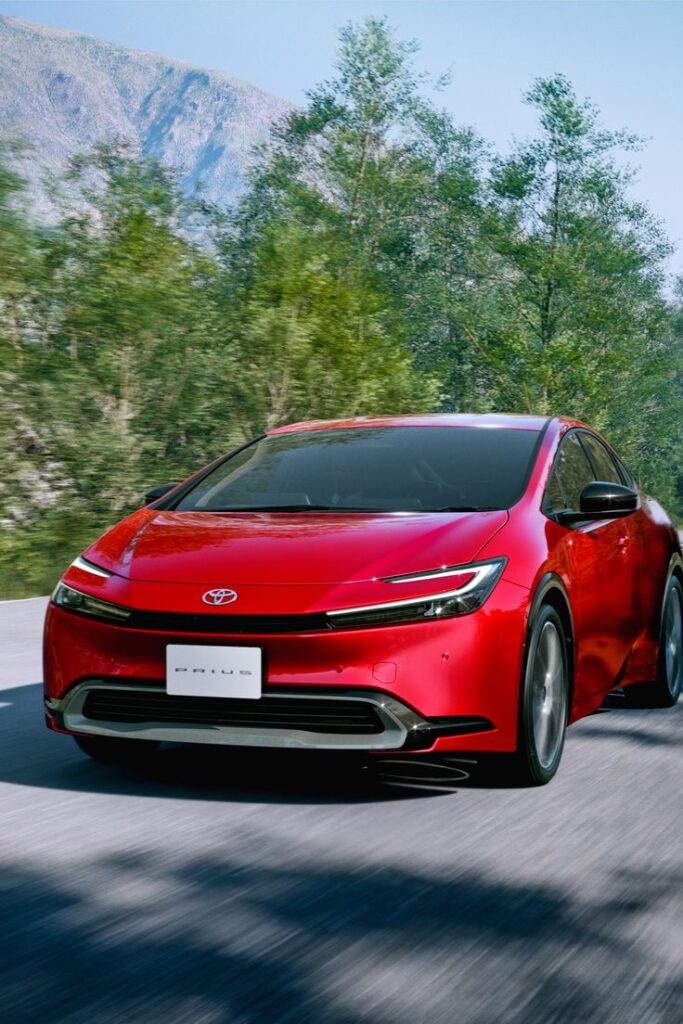
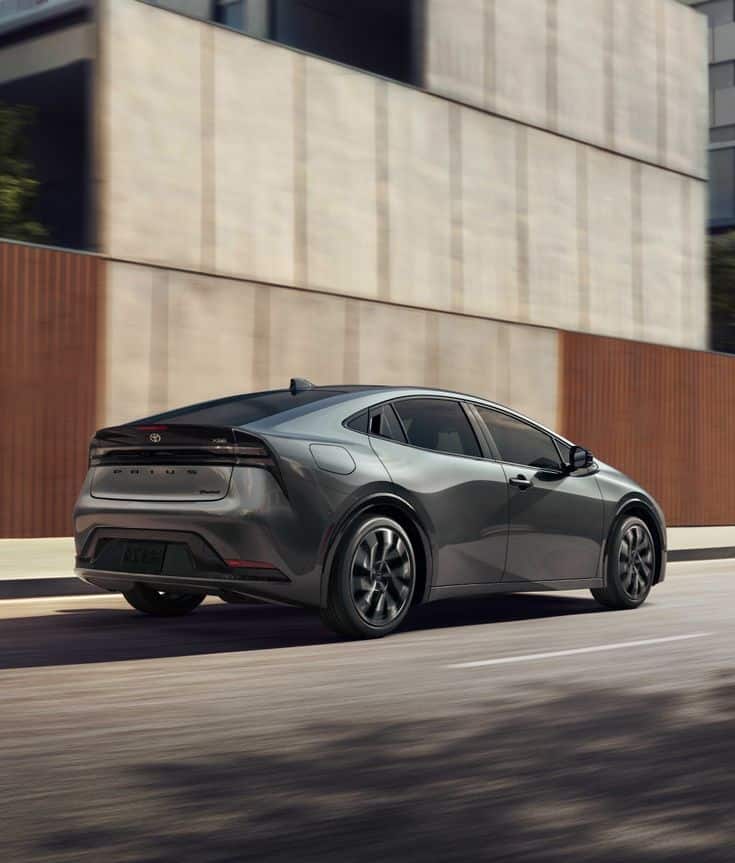
2) Honda CR-V Hybrid
The Honda CR-V Hybrid offers a practical and efficient choice if you want a reliable small SUV. You get a smooth ride combined with spacious seating and cargo space, making it suitable for daily driving and family use.
Fuel efficiency is a key strength. Front-wheel-drive Sport and Sport-L models achieve up to 43 mpg in the city and 36 mpg on the highway. This makes it one of the more economical hybrids in its class.
You’ll find competent handling and a comfortable interior with user-friendly features. Safety is well-covered, as the CR-V Hybrid includes a range of standard safety technologies to give you confidence behind the wheel.
Pricing starts around $36,000, which reflects its mix of performance, space, and fuel economy. If you prioritize a hybrid SUV that balances these elements without complexity, the CR-V Hybrid is worth considering.
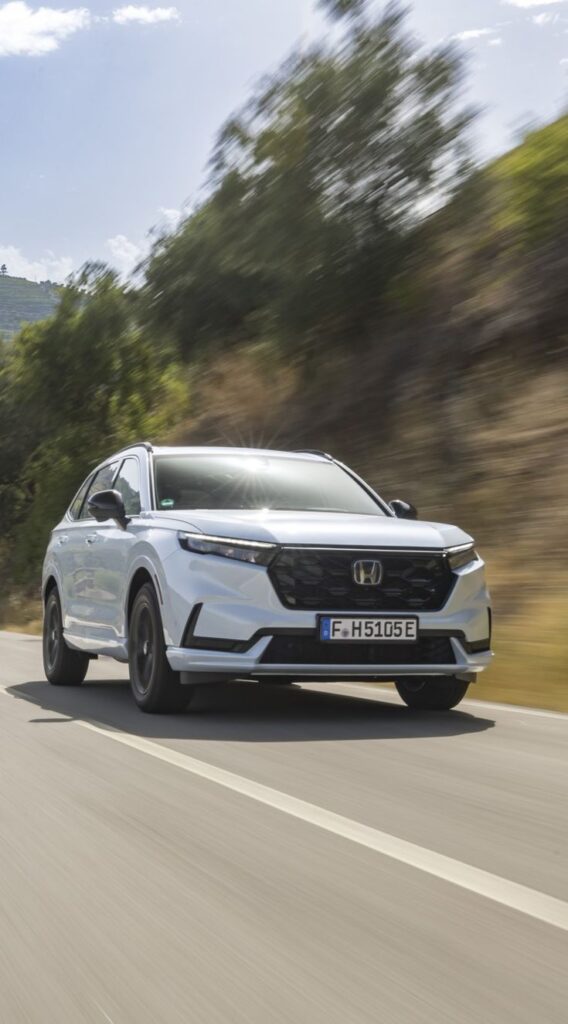
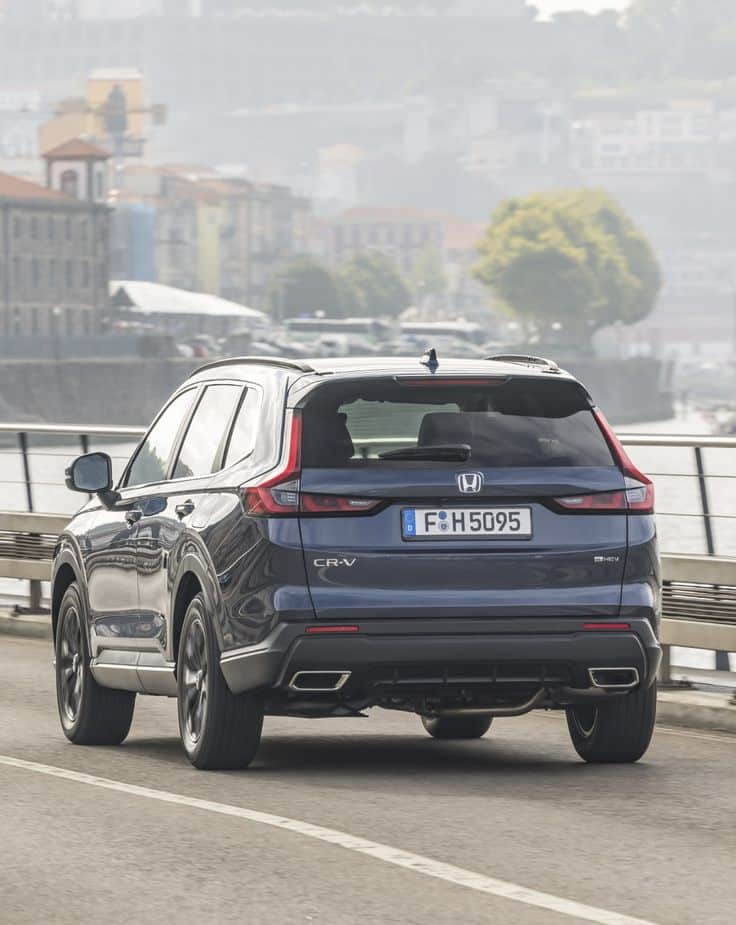
3) Ford Escape Hybrid
The Ford Escape Hybrid offers a practical choice for those seeking an efficient SUV. You can expect an impressive fuel economy of around 34 mpg combined, which helps reduce fuel costs on daily drives.
You have options with this model, including hybrid and plug-in hybrid versions, giving you flexibility depending on your driving needs. The Escape Hybrid performs well in city driving, using electric power at low speeds and during coasting.
The interior is spacious enough for passengers and cargo, although some materials may feel less refined compared to competitors. Handling is comfortable, making it easy to navigate urban and highway settings.
The engine choices provide adequate power but don’t deliver sporty performance. This SUV focuses more on efficiency and comfort than speed or agility.
Overall, it’s a versatile hybrid SUV that balances fuel savings with everyday usability. If your priority is reducing emissions and fuel expenses in a practical package, the Escape Hybrid is worth considering.
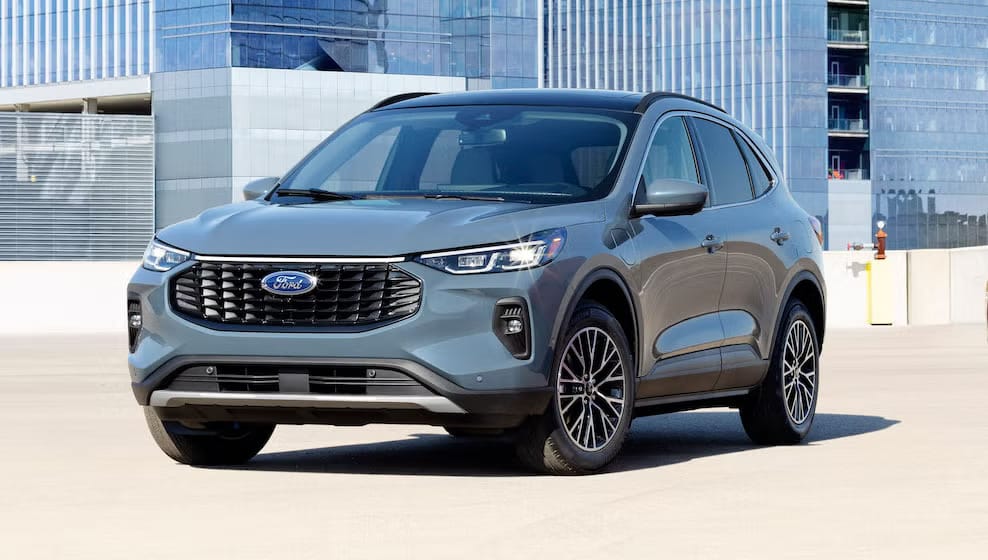
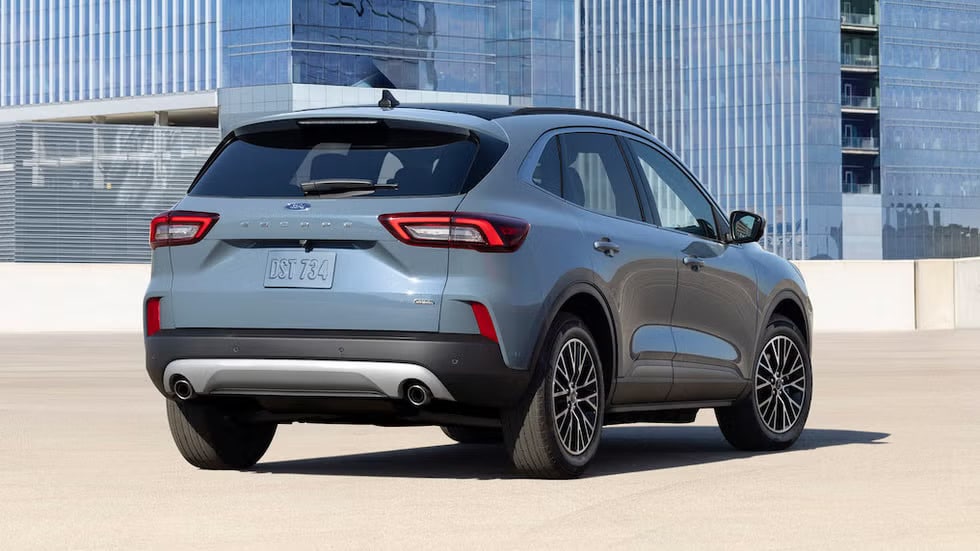
4) Hyundai Sonata Hybrid
The Hyundai Sonata Hybrid offers a sleek, modern design with a coupe-like silhouette that stands out in the midsize sedan category. You will find it stylish and equipped with high-tech features that enhance your driving experience.
Under the hood, the Sonata Hybrid pairs a 2.0-liter four-cylinder engine with an electric motor, delivering a combined output of 190 horsepower. This setup provides good power while maintaining fuel efficiency.
You can expect up to 54 miles per gallon on the highway, making it one of the more fuel-efficient midsize hybrids. Its smooth ride and quiet cabin add to the comfort during daily commutes or long drives.
However, some drivers report a slightly rough transmission feel in certain situations. Cargo space and rear-seat comfort are adequate, fitting your needs for practical use without sacrificing style.
The Sonata Hybrid balances performance, efficiency, and technology, which makes it a competitive choice if you prioritize fuel savings and modern design in your hybrid vehicle.
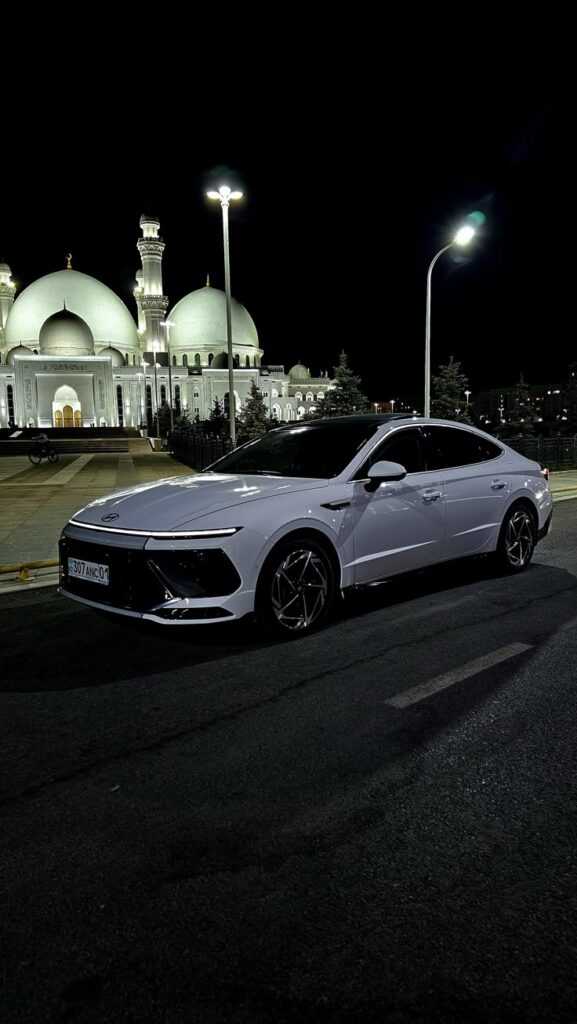
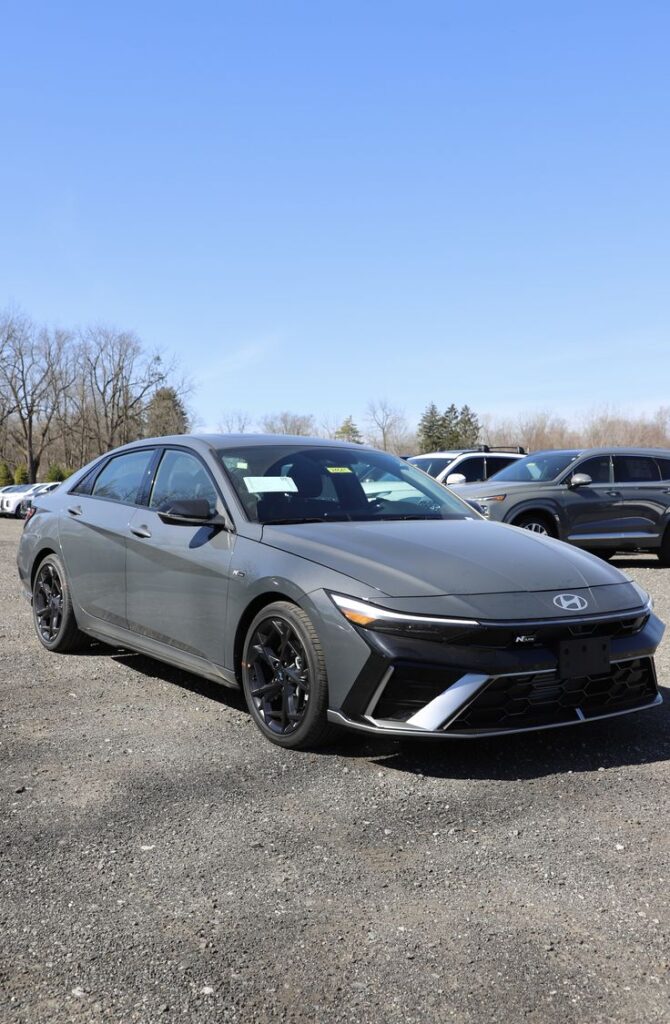
5) Kia Niro Hybrid
The Kia Niro Hybrid offers a practical choice if you want efficient fuel economy without sacrificing SUV style. You will find a spacious interior that supports comfortable daily drives and light cargo needs.
Its hybrid powertrain balances performance and efficiency well. The fuel economy is among the best in its class, helping you spend less on gas over time.
You can expect smooth handling for urban and suburban driving. The Niro also provides straightforward controls and a user-friendly infotainment system.
If you want more power, the plug-in hybrid variant adds battery-only range for short trips. This means fewer stops at the pump and more flexibility in how you use the car.
The exterior styling is modern but not flashy, aiming for a broad appeal. You get a reliable, fuel-efficient small SUV that fits varied lifestyles.
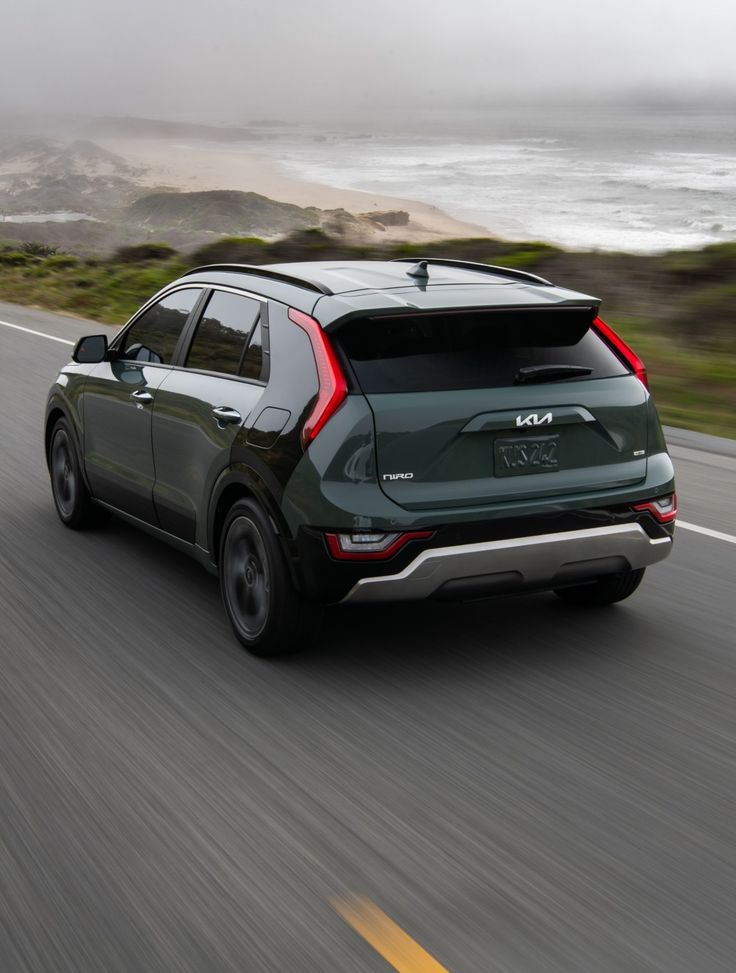
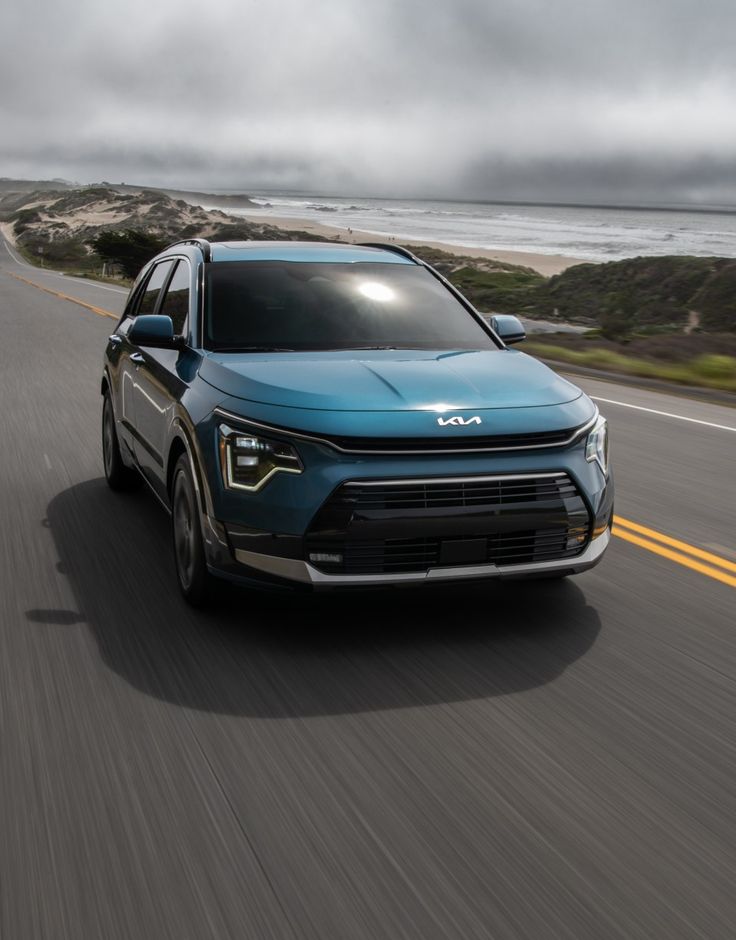
Benefits of Driving a Hybrid Car
Driving a hybrid vehicle can reduce your daily expenses and environmental footprint. It also offers practical advantages when it comes to upkeep and reliability. These factors together make hybrids a sensible choice for many drivers.
Fuel Efficiency and Cost Savings
Hybrids use a combination of a gasoline engine and an electric motor to optimize fuel consumption. This results in better gas mileage compared to traditional gasoline vehicles. You will likely spend less money on fuel, especially if you drive frequently in stop-and-go traffic where the electric motor assists the engine.
Many hybrids also benefit from regenerative braking, which recaptures energy to recharge the battery. This system reduces fuel use and extends electric-only driving phases. Over the life of the vehicle, these savings can be substantial.
Additionally, some regions offer tax incentives or reduced toll fees for hybrid drivers. These financial benefits further improve your overall cost-effectiveness when you choose a hybrid.
Environmental Impact
Hybrid cars emit fewer pollutants than pure gasoline vehicles due to their partial electric operation. Lower emissions contribute to cleaner air and reduced greenhouse gases. This can help you reduce your carbon footprint without changing your driving habits significantly.
Hybrids often operate in electric mode at lower speeds, which cuts down exhaust emissions in urban areas where air quality is a concern. Choosing a hybrid means you support technologies that balance performance with environmental responsibility.
Because hybrids use less fuel overall, you also indirectly reduce dependence on fossil fuels. This aligns with growing efforts to promote sustainable and cleaner transportation solutions worldwide.
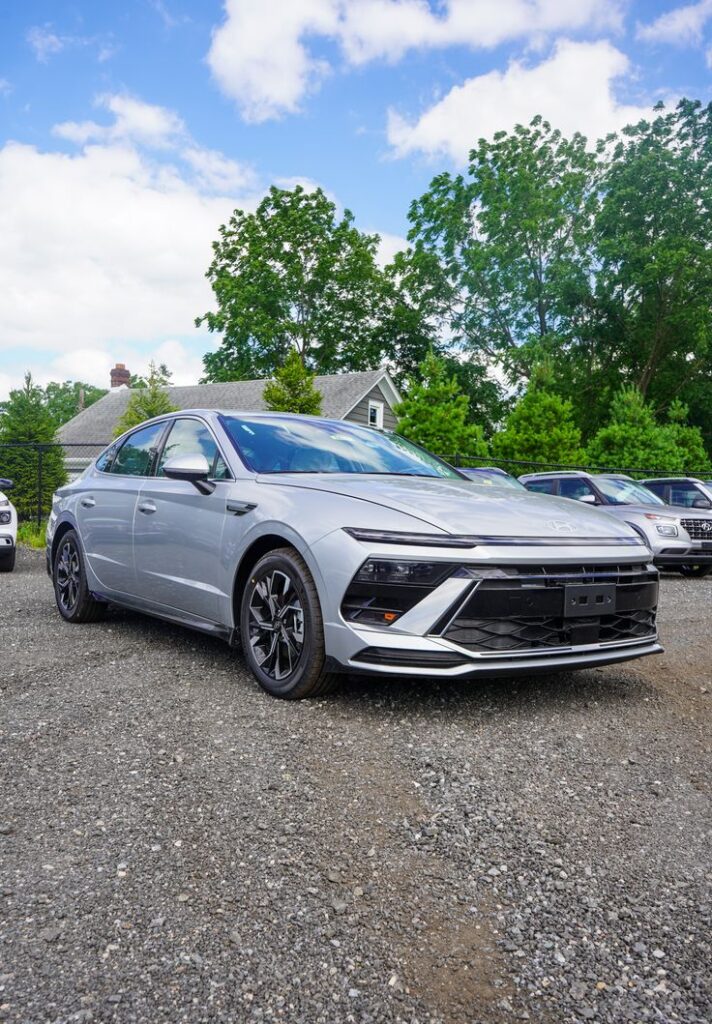
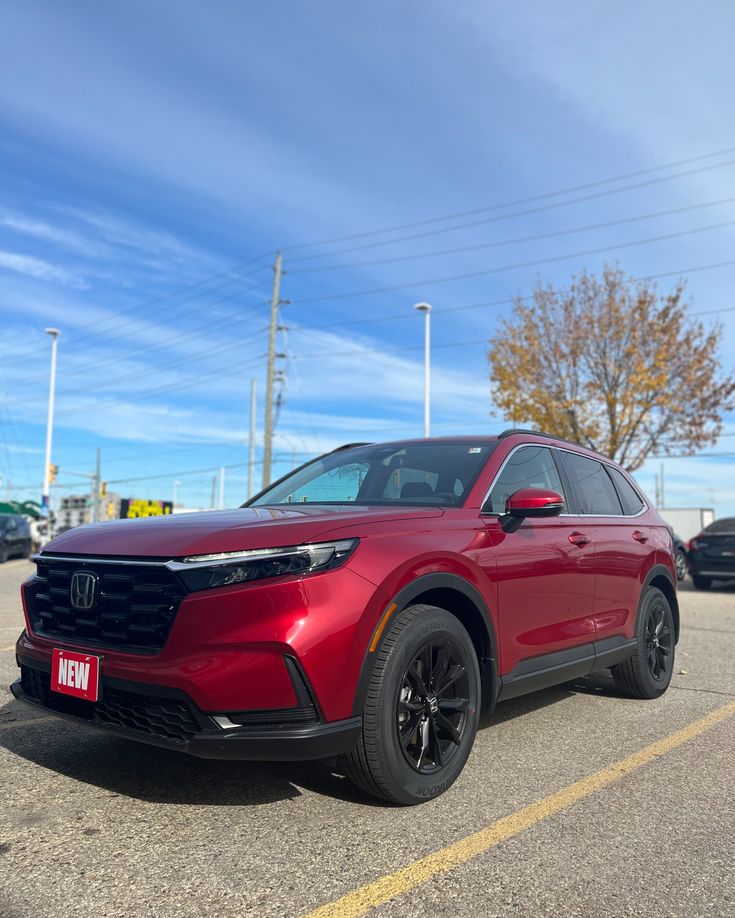
Low Maintenance Advantages
Hybrids generally have fewer mechanical parts that are prone to wear because the electric motor assists or replaces some engine functions. For example, the hybrid motor often starts the engine, eliminating the need for a traditional starter.
The braking system in hybrids also lasts longer due to regenerative braking, which reduces wear on brake pads. This means fewer replacements and repairs related to routine braking.
You might also experience longer intervals between oil changes and engine maintenance because the gasoline engine operates under less stress. This can lower your maintenance costs and reduce time spent in the service shop over the years.
Key Factors to Consider When Choosing a Hybrid Car
When selecting a hybrid vehicle, pay close attention to the battery’s durability and warranty terms. You should also evaluate the technology and safety features offered, as these affect your driving experience and long-term satisfaction.
Battery Life and Warranty
The battery is the most critical component in a hybrid car. You want one with a long lifespan, typically between 8 to 10 years or 100,000 to 150,000 miles. Check the manufacturer’s warranty coverage—many include 8 to 10 years or up to 150,000 miles specifically for the battery.
Battery replacement costs can be high, so a strong warranty provides essential peace of mind. Additionally, you can consider the battery type—lithium-ion batteries tend to have longer life and better performance than older nickel-metal hydride options.
Technology and Safety Features
Modern hybrids come equipped with advanced technology that can enhance fuel efficiency and driving ease. Look for features like regenerative braking, adaptive cruise control, and heads-up displays.
Safety ratings and driver assistance technologies such as lane-keeping assist, automatic emergency braking, and blind-spot monitoring are vital. These features contribute to accident prevention and can reduce insurance costs.
You should also consider infotainment systems that support smartphone integration and voice commands to maintain focus on the road.
- 74shares
- Facebook0
- Pinterest74
- Twitter0
- Reddit0


